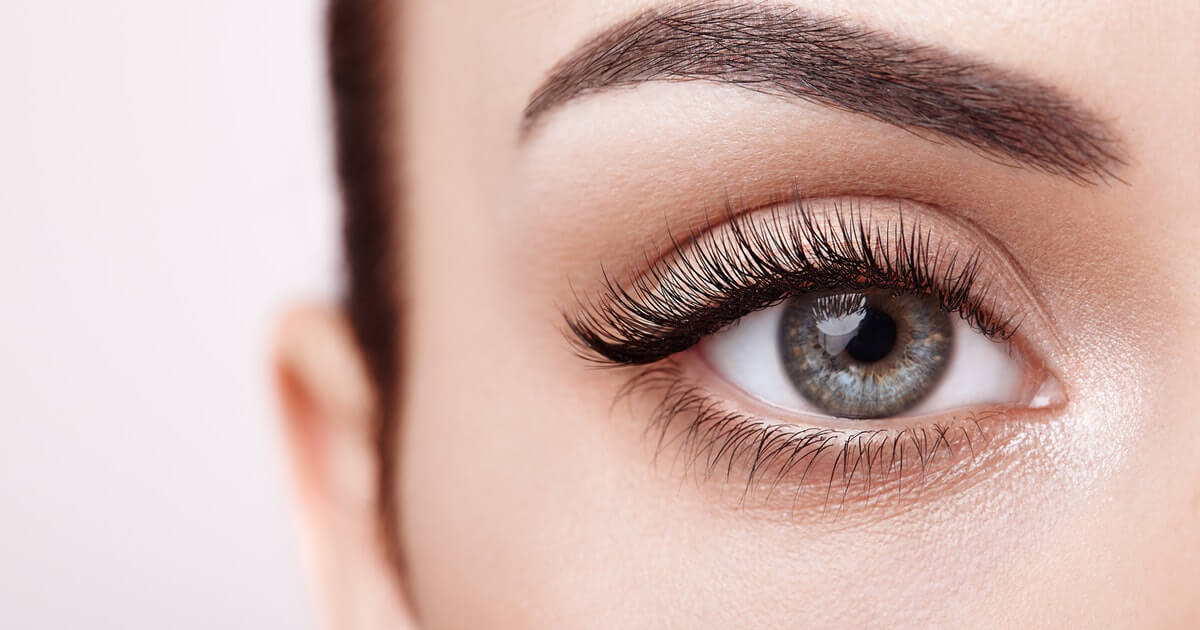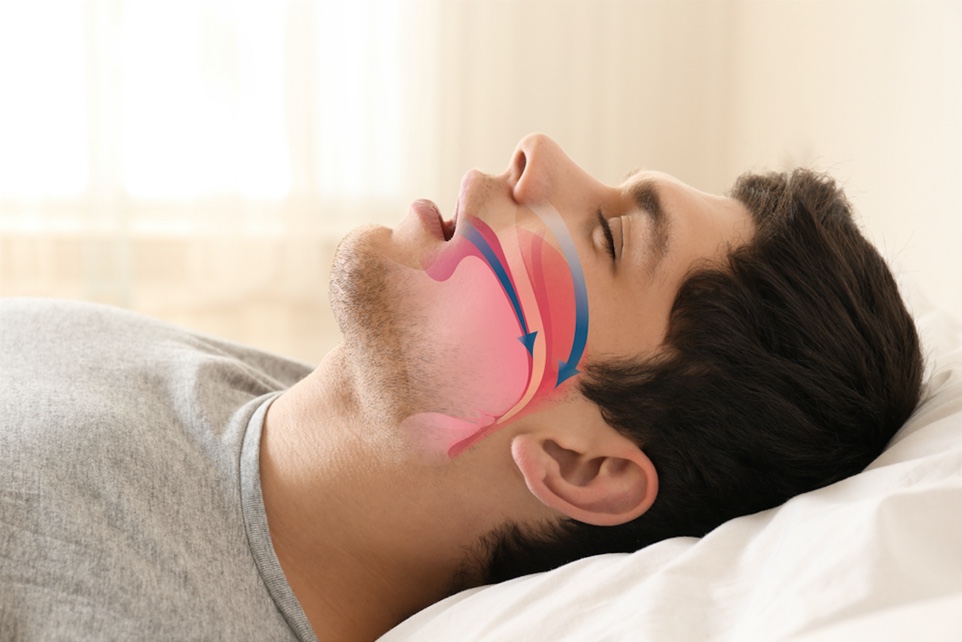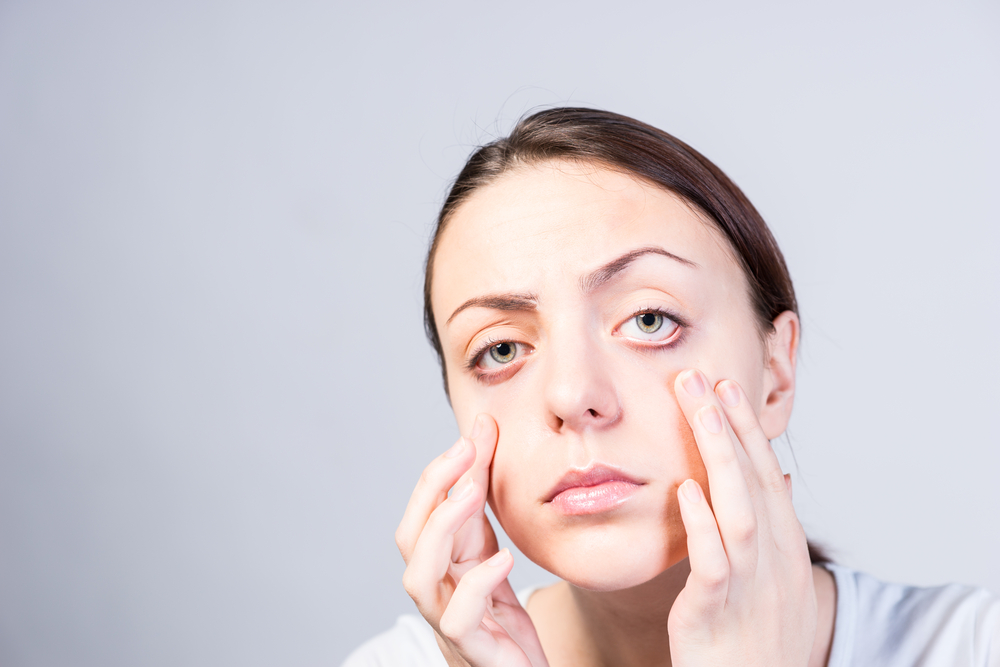- Telogen effluvium (TE) is one of the leading causes of hair loss.
- It can affect people at any age and for a wide variety of reasons
- TE is often short-lived and largely reversible with proper treatment
What is Telogen Effluvium?
Telogen effluvium is a form of temporary hair loss characterized by diffuse thinning of the hair (or diffuse alopecia). In other words, unlike hair loss conditions that result in bald patches, telogen effluvium occurs more evenly across the scalp. TE hair loss is effectively natural hair loss happening on an unnatural scale due to a disruption of your hair’s growth stages (anagen, catagen, and telogen).
For a myriad of reasons that we’ll discuss later, an abnormal amount of your hair can enter the telogen stage at once. When those hairs fall out, you experience a noticeable overall thinning of your hair. Typically, the hair loss is spread throughout your entire scalp, but it can also manifest at higher rates in certain areas.
What are the symptoms of Telogen Effluvium?
- Noticeable thinning of hair on the scalp
- An increased amount of hair loss when you wash and/or brush your hair.
- Hair shedding on your pillow after sleep
What are the causes of Telogen Effluvium?
Recognizing that the key to resolving telogen effluvium is directly related to the cause, it’s important to first detect the root cause of your condition in order to effectively treat it. Telogen effluvium is spawned by numerous factors, a large number of which are tied to either the acute or chronic forms of the disease.
Causes of acute telogen effluvium:
- Abrupt hormonal changes. Telogen effluvium is common among women who have recently given birth (postpartum alopecia).
- Sudden periods of stress. This refers to stress brought on by traumatic events, like a car crash or major surgery.
A high fever. This may be linked to sudden stress. - Medications. This is especially true of anti-cancer drugs.
- Vaccines.
- Abrupt changes in body weight resulting from an illness or severe diet patterns.
- Anemia or iron deficiency.
- Physical trauma.
Causes of chronic telogen effluvium:
- Gradual hormonal changes. These types of changes may be tied to a prolonged illness.
- Extended periods of stress. Persistent stress may be the result of a high pressure job, a lengthy divorce, an anxiety disorder, etc.
- Changes in diet that resulted in gradual but excessive weight loss.
- Prolonged or chronic illness. This could be related to stress, hormonal changes, diet changes, medication, or any combination of these factors. Certain illnesses, like hypothyroidism, are more likely to cause it than others.
- Physical trauma with prolonged effects or a major operation with a lengthy recovery period.
As you can see, telogen effluvium could be linked to numerous factors in your life, making it often difficult to pinpoint what exactly is at it’s root.
What are the treatments for Telogen Effluvium?
The good news is telogen effluvium doesn’t permanently damage hair follicles and is totally reversible. The bad news is that there’s still no definitive telogen effluvium treatment. The only way to resolve TE is to find out what’s causing it and address those particular conditions. In other words, if you’re stressed, you need to learn to manage that stress. If a medication is causing it, you need to try a different medication. If you’re suffering from hormone levels that are out of balance, you should talk to your doctor about medical options.
If you still can’t figure out what’s at the root of your telogen effluvium diagnosis, there are two other things you can try. The first is to simply wait it out. In many cases, the aggravating factor will disappear with time. This is especially true if your condition is the result of a sudden stressful event or hormonal changes. The second option is a hair growth medication like Minoxidil. Talk to your doctor about which treatment is best suited for you.
However, understand that so long as you can’t find and resolve the root cause of your condition, you may need to continue with hair growth medication indefinitely.
>> RELATED: 5 Best Shampoos for Thinning Hair and Why They Work
How long until hair regrows?
After the causes of telogen effulivum are dealt with, hair should grow back within 6 months.
How is Telogen Effluvium diagnosed?
Without thinning, noticeable hair loss it’s sometimes hard to tell if you’re suffering from telogen effluvium. Thinning is often difficult to detect for those with a full head of hair.
Telogen effluvium is diagnosed with three simple words: hair pull test.
Basically, the patient pinches a chunk of hair between their thumb and forefinger and gives it a sharp tug. The idea is that hair in the telogen stage will easily come away while other hair will remain. This test is intended to determine the rough percentage of hairs that are in this stage. If only 1-3 hairs are removed this way then the patient does not have telogen effluvium, as this is consistent with natural hair shedding. If, on the other hand, four or more hairs are removed, then you may have fewer anagen hairs than is normal, indicating you could have telogen effluvium.
In rare cases, doctors will take a scalp biopsy or perform a differential diagnosis in order to confirm a diagnosis of telogen effluvium. Scalp biopsies are used to diagnose numerous hair loss conditions, including telogen effluvium, alopecia areata, and female androgenetic alopecia (a.k.a. female pattern hair loss or female pattern baldness). Under most circumstances, however, the hair pull test is typically considered sufficient for a diagnosis.
How long does Telogen Effluvium last?
The short answer is: as long as the causal factors are still factors. The long answer is that there are different types of telogen effluvium, each with their own expected lifespans.
- Acute telogen effluvium is the most common form of the condition. It comes on rather suddenly (although not as suddenly as anagen effluvium) and tends to last for a shorter period of time. Depending on the cause, it could persist for up to six months. That said, when the factors that created the condition are corrected, this time period may be much shorter.
- Chronic telogen effluvium comes on more subtly and may last for a longer period of time. It’s often caused by ongoing factors (such as illness) and may not go away until those underlying factors are resolved, making its duration indefinite.
- A third, more rare, form of telogen effluvium is characterized by disrupted hair cycles. When telogen hair falls out, new hair may take its place only to fall out soon afterward while still extremely short, making the scalp feel bristly.
At the end of the day, the short answer is still the best. Something is causing your telogen effluvium, and until it’s detected and addressed there may be no clear end in sight. Nevertheless, if you’re having trouble dealing with your hair loss, don’t worry. Even persistent TE is reversible and hair regrowth more than just some distant dream.
Telogen Effluvium and diet
A frequent factor of both acute and chronic telogen effluvium is diet. The condition is common among individuals with severe eating disorders, such as anorexia, bulimia or those committed to crash diets.
Telogen effluvium can result from sudden and/or severe calorie restriction. In other words, you don’t even have to have lost a significant amount of weight to bring on the condition. You simply need to be eating notably less than is appropriate for your age, gender, and size. Starvation diets and diets very low in protein, therefore, frequently result in hair loss. Regardless of daily calorie restriction, telogen effluvium can also result from extreme weight loss, especially if that weight loss is abrupt or accompanied by a poor diet.
There is a silver lining, however, in that telogen effluvium brought on by diet and weight change is easily reversed when those changes are rectified. If you aren’t eating enough, eating more (and getting more protein) should help resolve your hair loss. The same can be said for gaining weight or stemming the abruptness of your weight loss. Of course, should dietary changes fail to resolve the problem then your hair loss likely has a different root cause.









